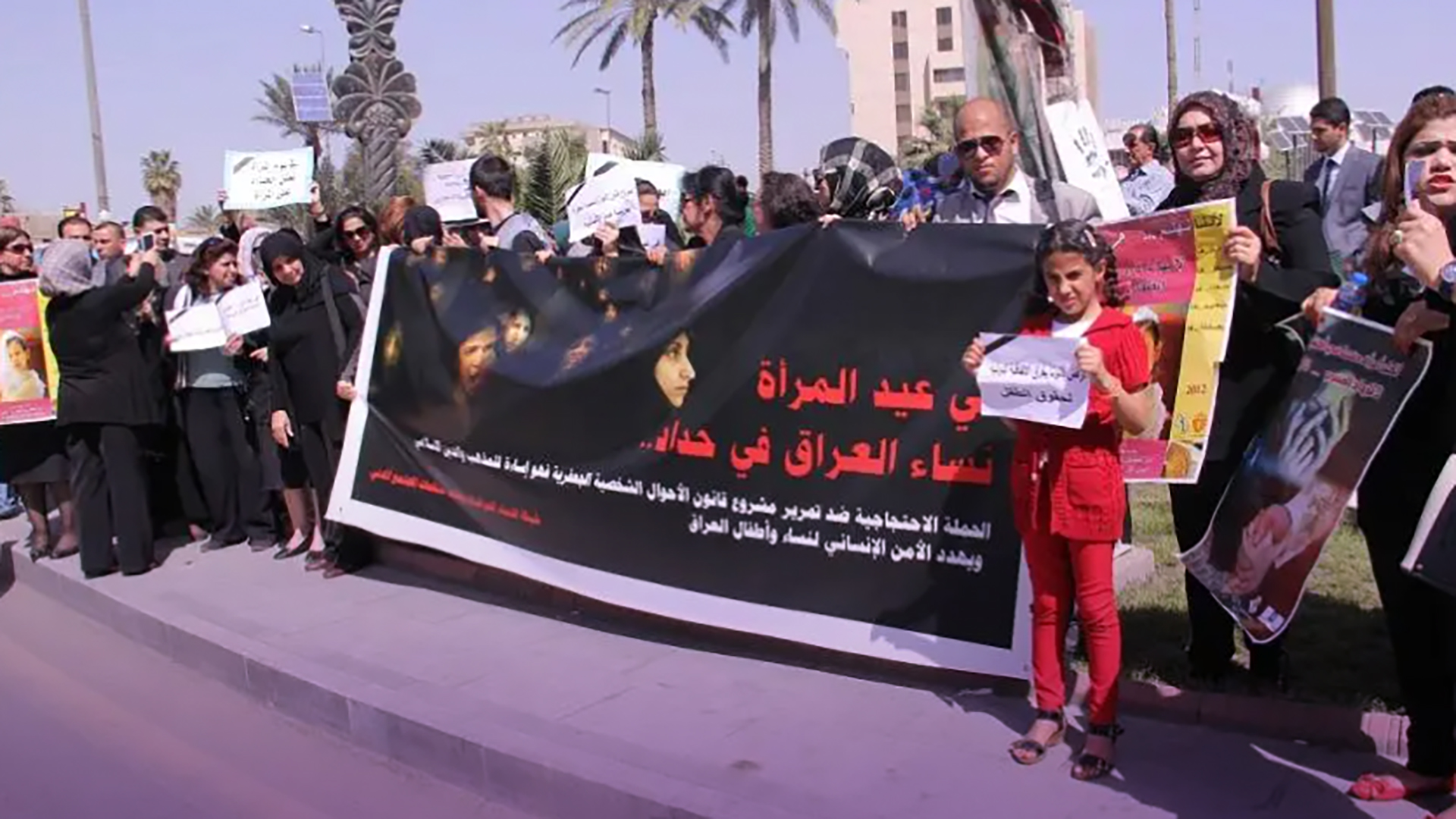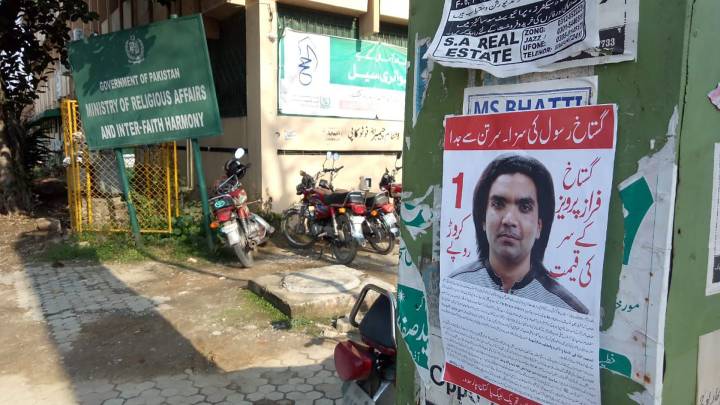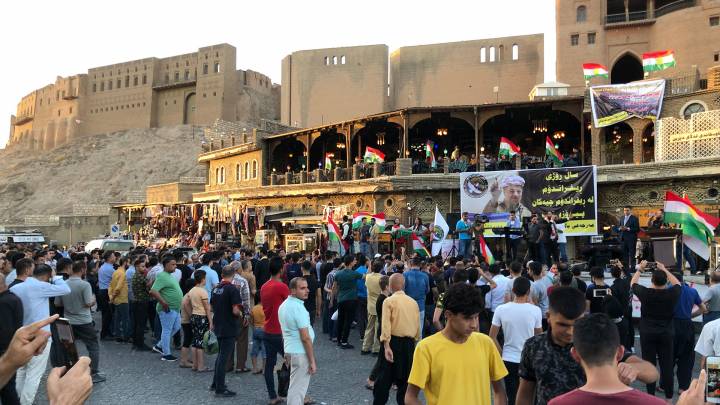Proposed amendments to Iraq’s Personal Status Law risk legalising child marriage and enabling clergy rule over all civil matters in Iraq.
What happened?
Adopted in 1959, Iraq’s Law 188 of Personal Status inscribes a set of laws separate from the Civil Code. It outlines the rights and duties of citizens in matters of marriage, divorce, child custody, and inheritance. The law in its current state guarantees fundamental rights for women, such as the minimum age of marriage, the rights to divorce and to inheritance, and the custody of their children. A new draft amendment to this law in 2024 proposes drastically reducing the age of marriage, granting child custody solely to fathers upon divorce, and denying widows and divorcées the right to inherit their husbands.
This latest draft amendment draws widespread anger from Iraqi society, especially regarding the potential legalisation of child marriage. Around twenty-five women members of parliament formed an intra-party Coalition 188 representing women’s interests against this draft legislation, and several civil society organisations formed another coalition to mobilise activists.
What is it actually about?
Iraqi legislators with patriarchal ideologies ambiguously drafted the proposed amendments to Law 188, suggesting the application of Islamic jurisprudence to family law, where Muslim families are involved. Matters of Islamic jurisprudence would rest in the hands of civil judges with no expertise in Islamic law. This poses the risk of how sect-based canonical interpretations will arbitrarily govern family law including the age of marriage, how they will sectarianise and further divide Iraqi families with inter-sectarian parents, and how the code of legal rulings will enforce said canonical interpretations.
This would set future precedent pertaining to citizenship and other civil matters. While the current Personal Status Law is far from secular, the proposed amendments suggest Iraqis will be subject to different applications of the law based on sectarian identity. This means making sectarian identity a matter of privilege and convenience during legal proceedings, further enshrining inequality in Iraqi law.
The bill also merges Islamic law with civil law, which many Iraqis oppose, while simultaneously creating two parallel authorities, where both Islamic and civil law compete with one another as parallel authorities. Such changes to civil law would sweep over to criminal law, arbitrarily legalising domestic violence and ‘honour killings’, thus violating women's and children’s fundamental rights. When Law 188 was first ratified in 1959, it had set a standard for Iraq’s rationalisation of citizenship and the law, as well as a standard in the Middle East for women’s rights.
While this law needs modernisation and adaptation to Iraq’s changing society, it has since then been clear about the Iraqi state’s authority over matters of citizenship, civil status, and family makeup. The latest proposed amendments to the Personal Status Law aim to reduce civil law to arbitrary judicial decisions and create a legal dualism that challenges the state’s legitimacy. While the draft bill’s greatest consequence of concern to the Iraqi public is rightfully the potential legalisation of child marriage, it has even more dire consequences for Iraq’s future.
What happens next?
Although a vast majority of Iraqi Shia stands against this draft bill, the ultra-conservative Shia political parties behind it sectarianise its legitimacy among constituents and suggest that it serves Islamic ‘family values’. This is possibly their fourth attempt to pass this bill over the past decade. They increasingly engage in the character assassination of opponents, inciting a wave of misogynistic attacks against women activists that promise greater violence. These parties also aim to pass this draft bill by partnering it with another that aims to amend the Amnesty Law.
Sunni parties claim the Amnesty bill will serve their constituency and receive opposition from Shia constituents. Their political bargain thus involves Sunni legislators supporting the Personal Status Law amendment in return for Shia legislators supporting the amendment to the Amnesty Law. Legislators engage in this elite bargain towards achieving their political goals rather than fulfil the people’s demands, and it is only a matter of time that they meet this goal, much to the people’s outrage. The only hope rests in Coalition 188, which includes women legislators and activists mobilising towards this draft bill’s failure.
Ruba Ali Al-Hassani is an Interdisciplinary Sociologist and a Research Associate at Lancaster University’s Department of Politics, Philosophy and Religion. She is also a Research Consultant with King's College London. Ruba focuses on the study of state-society relations to centre and amplify voices on the ground in public discourse, analysis, and policy. Her research focuses on Iraqi studies, law, transitional justice, crime, social control, and social movements.




